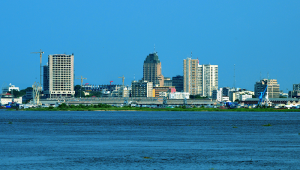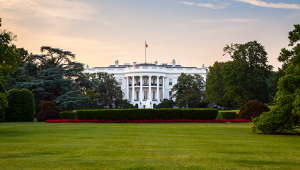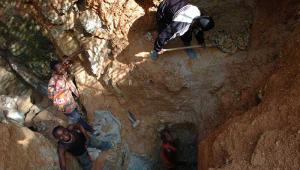This is according to the International Monetary Fund, which called for the DRC to publicly tender mining assets, publish mining contracts and disclose the true owners of mining contracts, in a report released this week.
“Directors concurred that fighting corruption and improving governance are crucial to boost the efficiency of public spending and growth prospects,” the IMF said, before calling for the DRC to enhance transparency and accountability in the management of natural resources.
It added: “Transparency and accountability in the management of natural resources are major challenges facing DRC.”
A 2011 decree requiring the government to publish all mining, oil and forestry contracts has not been fully applied, and audited financial statements of some state enterprises are not available to the public, the IMF pointed out.
Mining is the DRC’s largest source of export income and accounts for much of the world’s production of cobalt, copper, diamond, tantalum, tin and gold.
In 2009 the IMF signed a loan contract with the DRC for $12bn of debt relief.
The first payment was made in 2010, but the fund suspended the deal in 2012 because of the lack of transparency in the DRC’s process for awarding mining contracts.
The election of president Felix Tshisekedi earlier this year – the first peaceful political transition in the country’s history – “provides an opportunity for reform”, said the IMF in its ‘Article IV consultation’ with the central African country.
It also suggested the government should set up an independent anti-corruption commission, and “expedite the passage of the anti-corruption law”.
In the report - an assessment of the economy’s health, and the first such consultation since 2015 – the fund said that despite strong gross domestic product growth last year, the DRC faces “considerable development challenges”.
Real GDP grew by 5.8% in 2018, which, according to the IMF was “buoyed by strong copper and cobalt prices and increased production”.
Inflation fell from 54.7% in 2017 to just 7.2%, a small budget surplus of 0.4% was recorded and the Congolese franc depreciated by only 2%.
But the DRC is currently facing its worst ever outbreak of the deadly Ebola virus.
With current policies, revenues in the DRC will remain “well below the average for sub-Saharan Africa”, due to widespread fiscal exemptions, a narrow tax base and long, porous borders, the IMF said.
This year, growth is expected to slow to 4.3%, based on the fund’s assumption that mining activity will slow down because of lower cobalt prices.
But in June, IMF mission chief for the DRC Mauricio Villafuerte said “post-election optimism” and higher public investment could more than double growth in the non-mining economy.
At the end of his visit, Villafuerte urged authorities in the DRC to work towards streamlining tax expenditures and consolidating mining revenue streams into the treasury.













